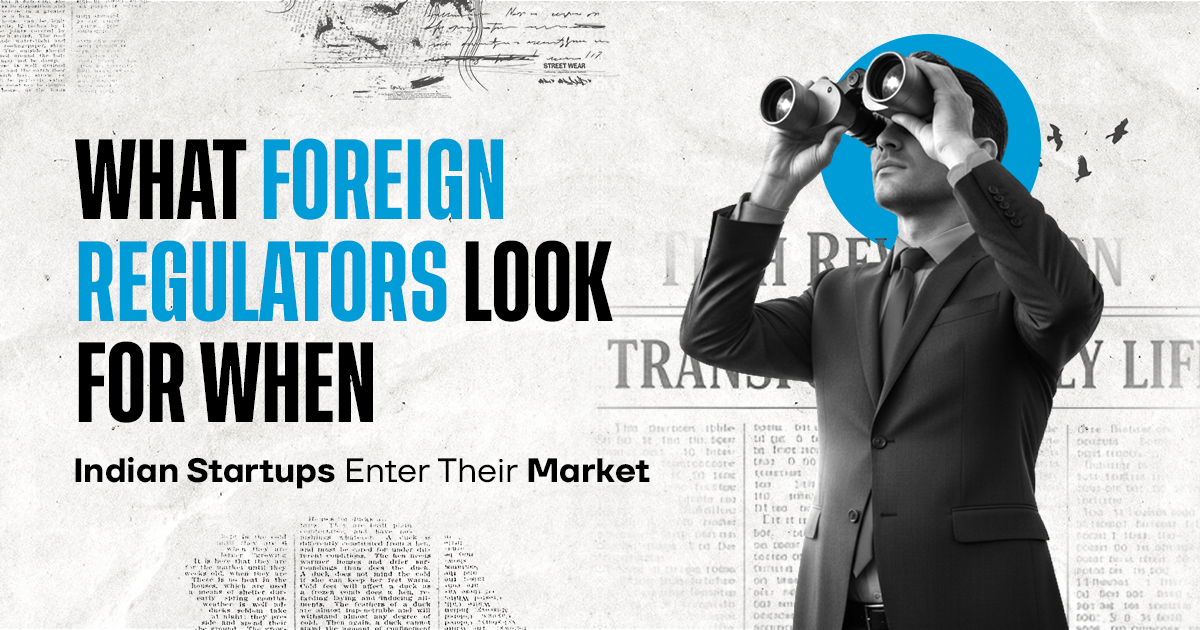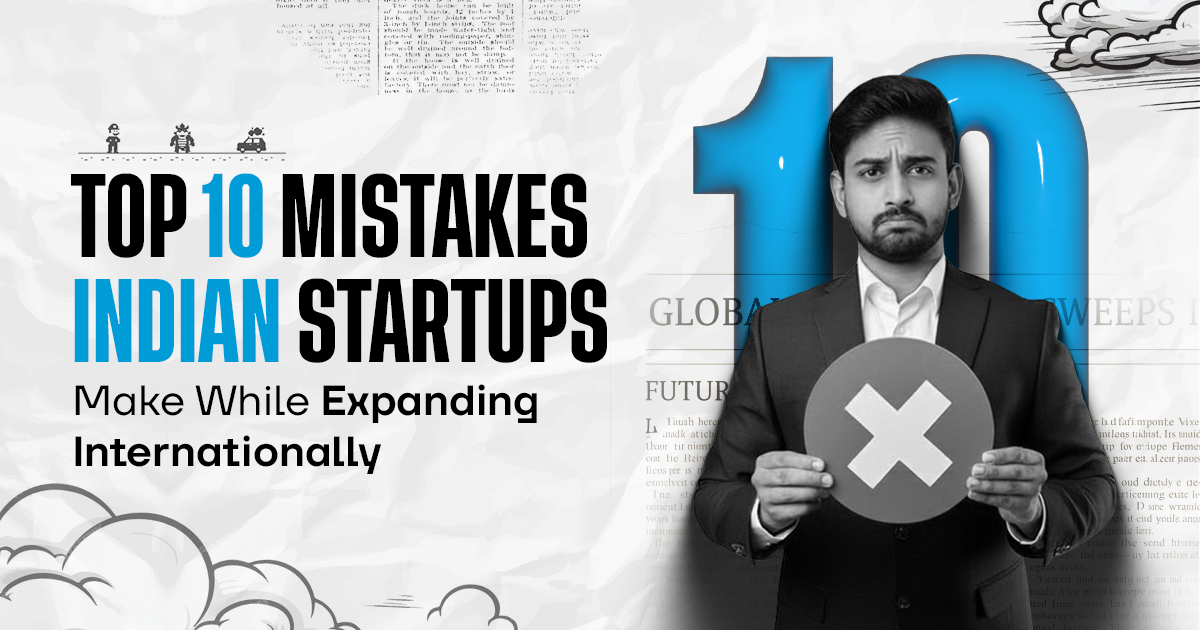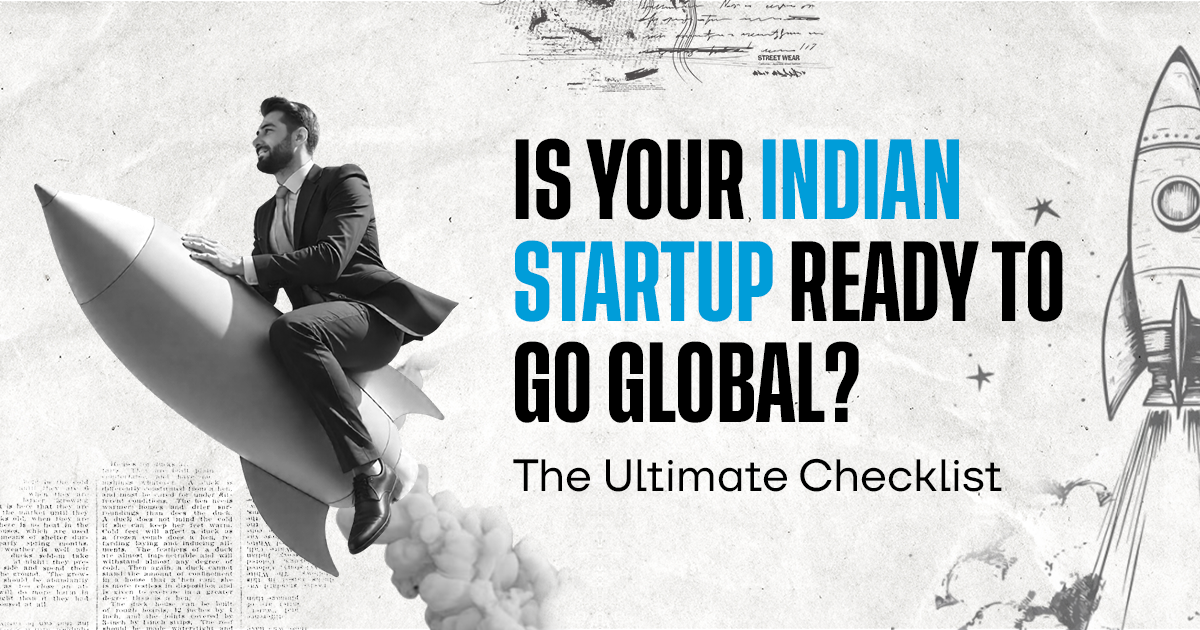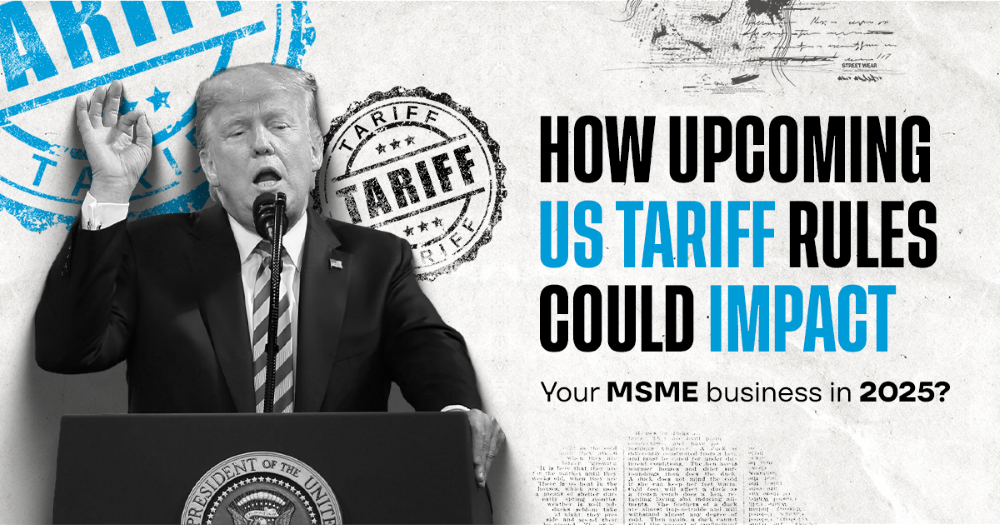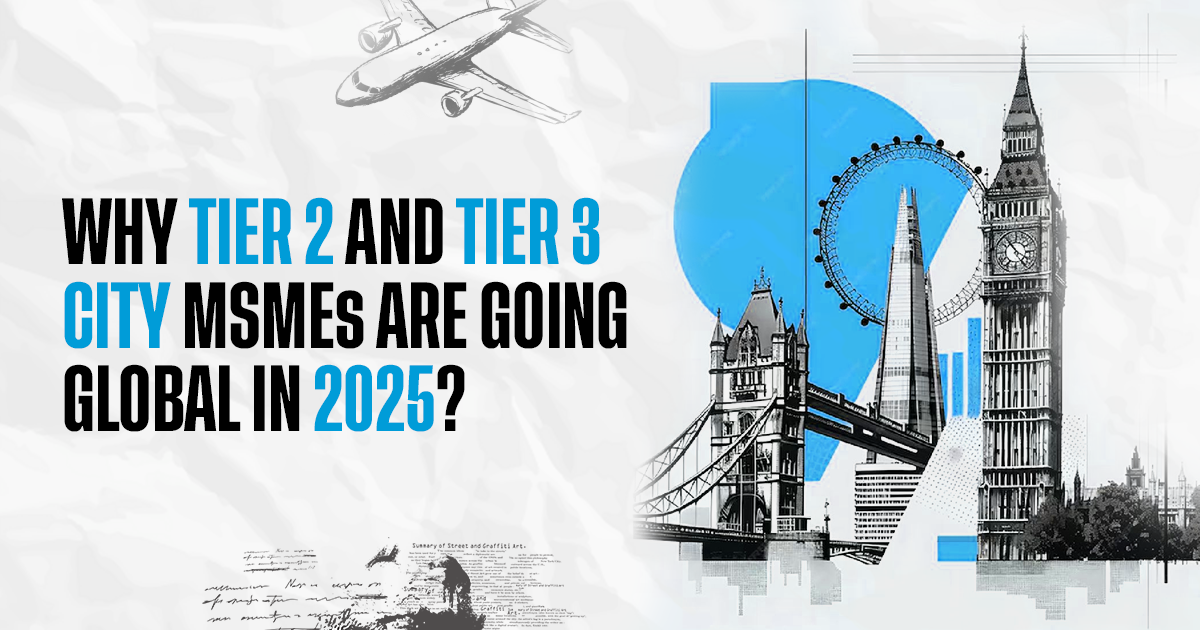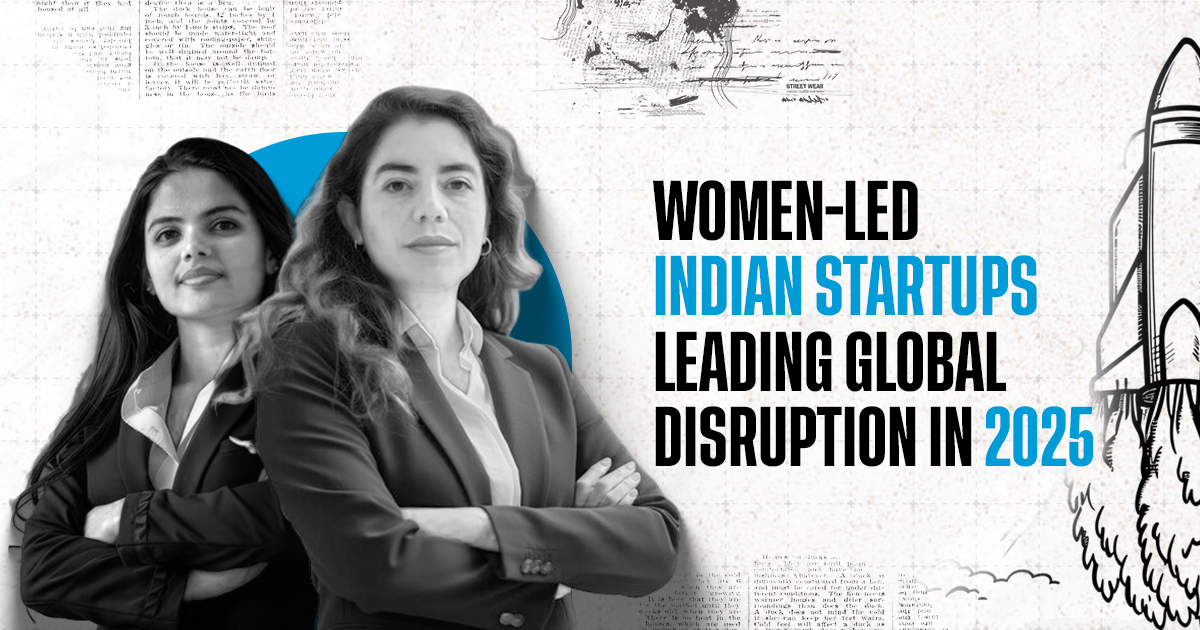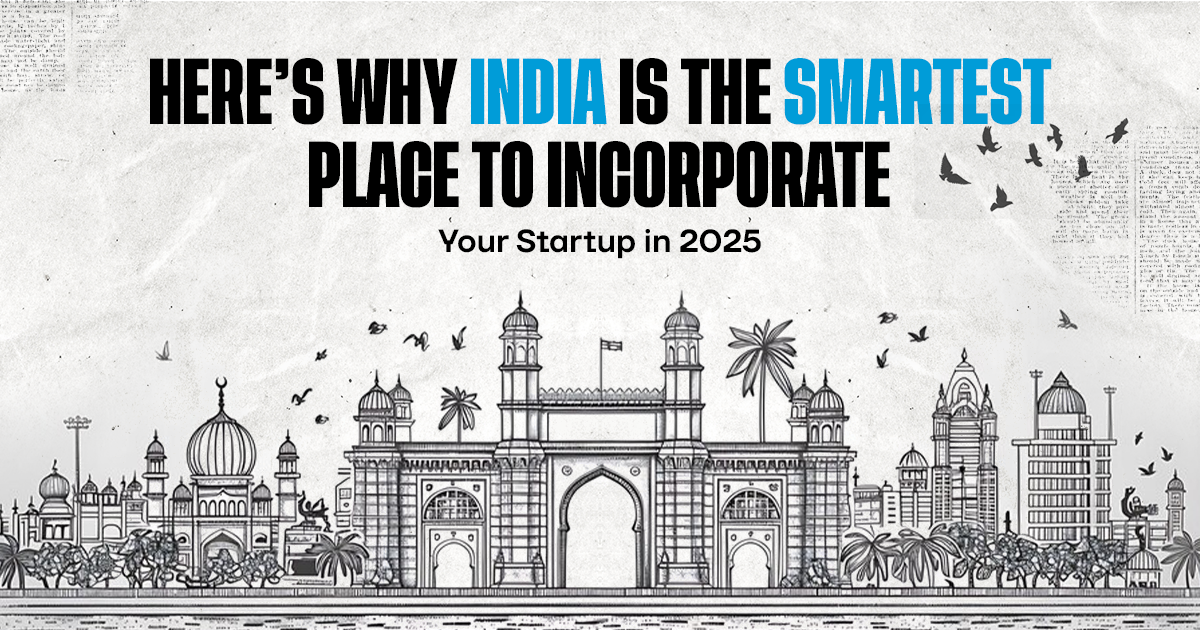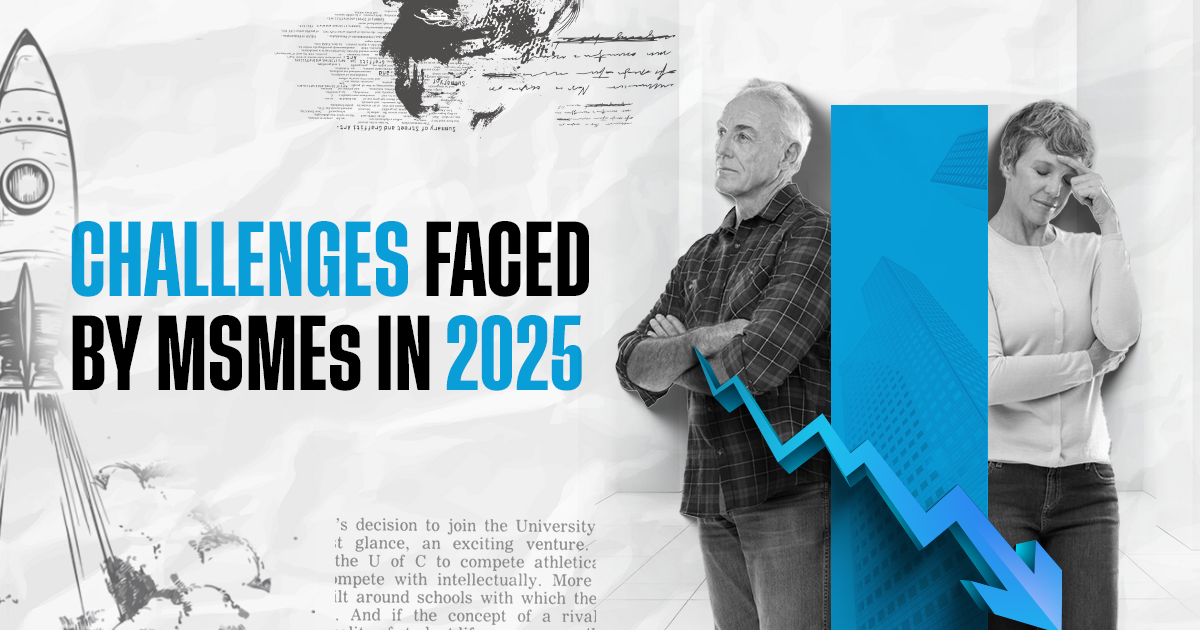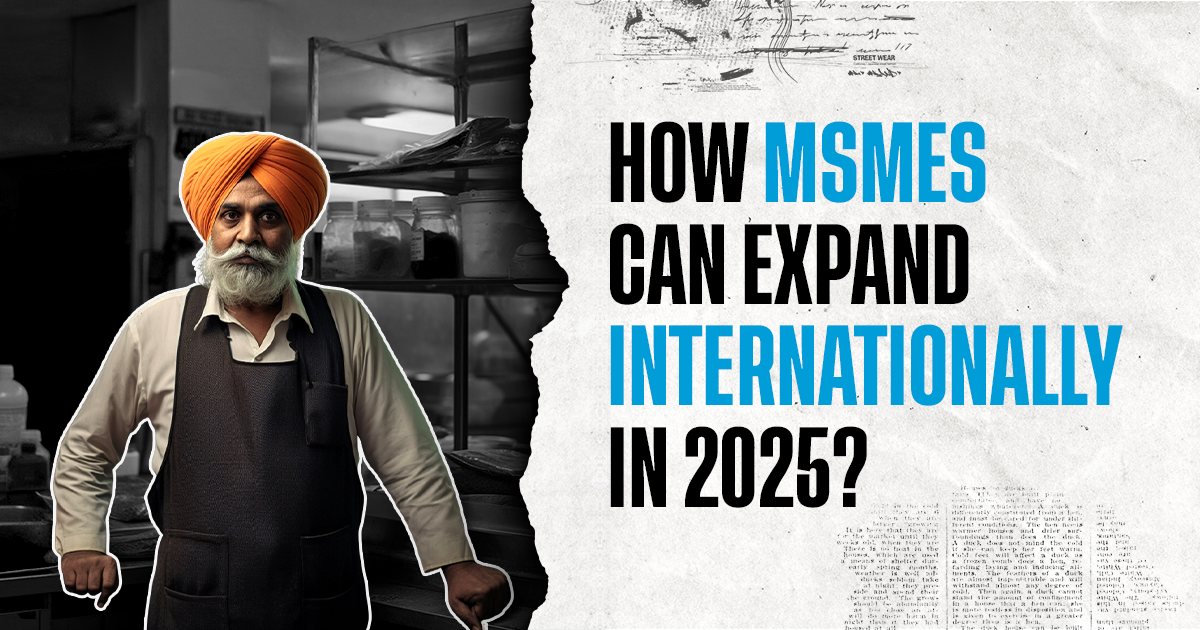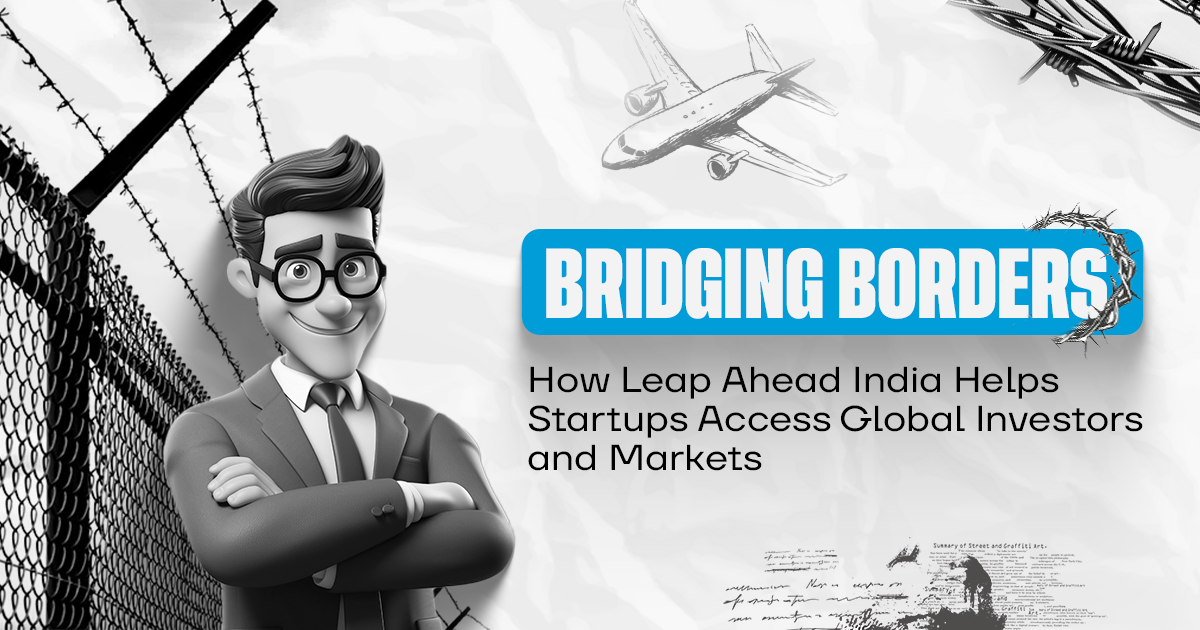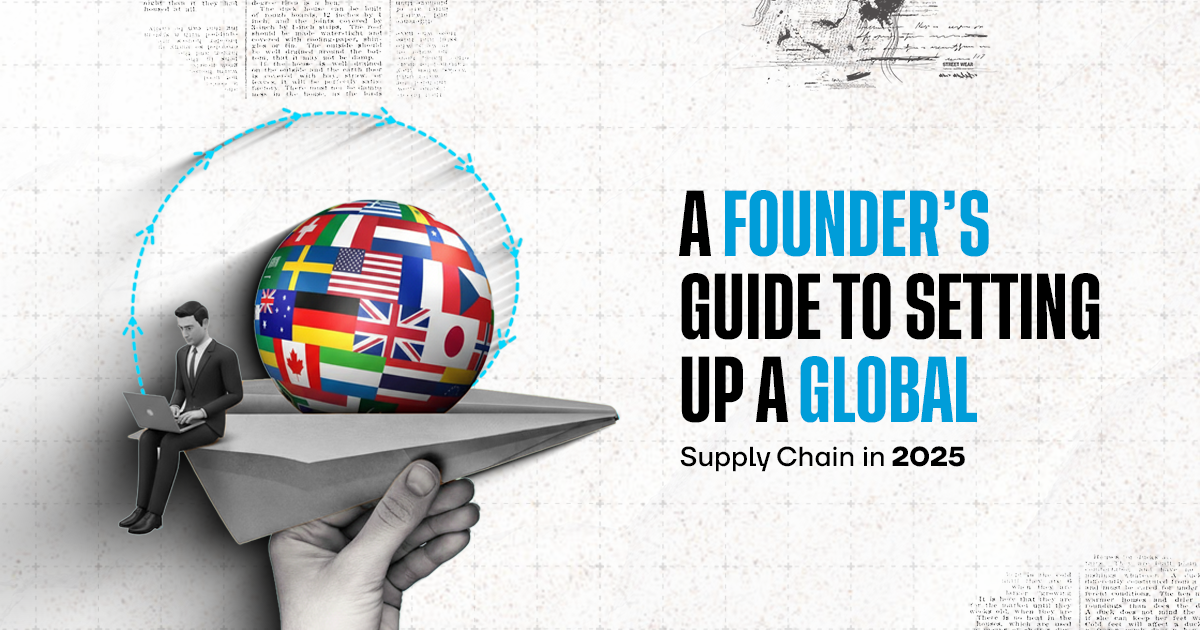
A Founder's Guide to Setting Up a Global Supply Chain in 2025
Introduction
The prospect of expanding into international markets is never more exciting and challenging. For Indian founders, 2025 is the opportunity to develop a world-class logistics chain that is flexible, sustainable, long-lasting, and future-proof. If you're a rapidly growing start-up or a mid-sized company looking to expand internationally, establishing the proper infrastructure can determine the long-term viability of your business.
This guide will take you through the fundamentals of supply chain management in 2025, providing concrete steps and strategies to help you expand globally with confidence.
1. Start with a Plan of Action
Before getting into the logistics and vendors, entrepreneurs must determine their "why" of going global. Do they want to speed up market entry, increase cost-efficiency, or reach new customers? Find a way to align their global supply chain objectives with their overall business plan. This will help them make better decisions about suppliers, markets, and the distribution channel.
2. Choose the Right International Logistics Strategies
The success of global expansion relies on the way you manage the flow of people across different countries. A few proven methods of international logistical planning that you can implement for the year 2025 comprise:
Regional hubs: Establish warehouses near your target market to minimise shipping delays.
Technology-driven Tracking: Utilise AI and IoT to provide real-time visibility of your shipment.
Hybrid Transportation Models: combine sea, air, and rail transportation to achieve cost-effectiveness and efficiency.
3. Prioritise Risk Mitigation in Global Logistics
Unpredictable incidents, from geopolitical tensions to natural catastrophes, could disrupt the most resilient systems. Founders must embed risk mitigation in global logistics by:
Diversifying suppliers across different regions.
The creation of buffer inventory to meet the high demand for SKUs.
Develop contingency plans for trading restrictions and currency fluctuations.
4. Ensure Global Logistics Compliance
Regulations can be a significant obstacle. Each country has its own tariffs, customs and standards for documentation. Being in the forefront of the global logistical compliance by 2025 implies:
Working with experts who are familiar with local laws governing trade.
Digital compliance tools can simplify paperwork.
Update contracts regularly to reflect changes in policy.
5. Build a Sustainable Global Supply Chain
Sustainability is no longer an option. It's now a competitive advantage for businesses. A sustainable supply chain in the global market increases brand recognition and meets government and consumer expectations. There are several approaches to consider:
Making the switch to sustainable packaging.
Working with suppliers that meet ESG standards.
Insisting on the development of renewable energy-powered logistics hubs.
6. Leverage technology as a Growth Multiplier
It is expected that technology will significantly determine the supply chain structure by the year 2025. Blockchain, AI, and predictive analytics are changing the way businesses plan their demand, track deliveries, and provide transparency. For entrepreneurs, early adoption of these tools could give them an advantage in the market.
Conclusion
Establishing a worldwide supply chain by 2025 requires a combination of strategy, compliance, and ingenuity. For Indian founders, it's all about adopting technology, minimising risks, and incorporating the sustainability of every choice. By implementing the correct supply chain cross-border strategy, your business will not just be able to enter new markets but also thrive within them.
At Leap Ahead India, we collaborate with ambitious businesses to ensure that they can expand globally with confidence. From drafting solid logistical strategies for international markets to ensuring smooth worldwide logistics compliance, we help entrepreneurs create systems that are durable, scalable, and future-proof.

